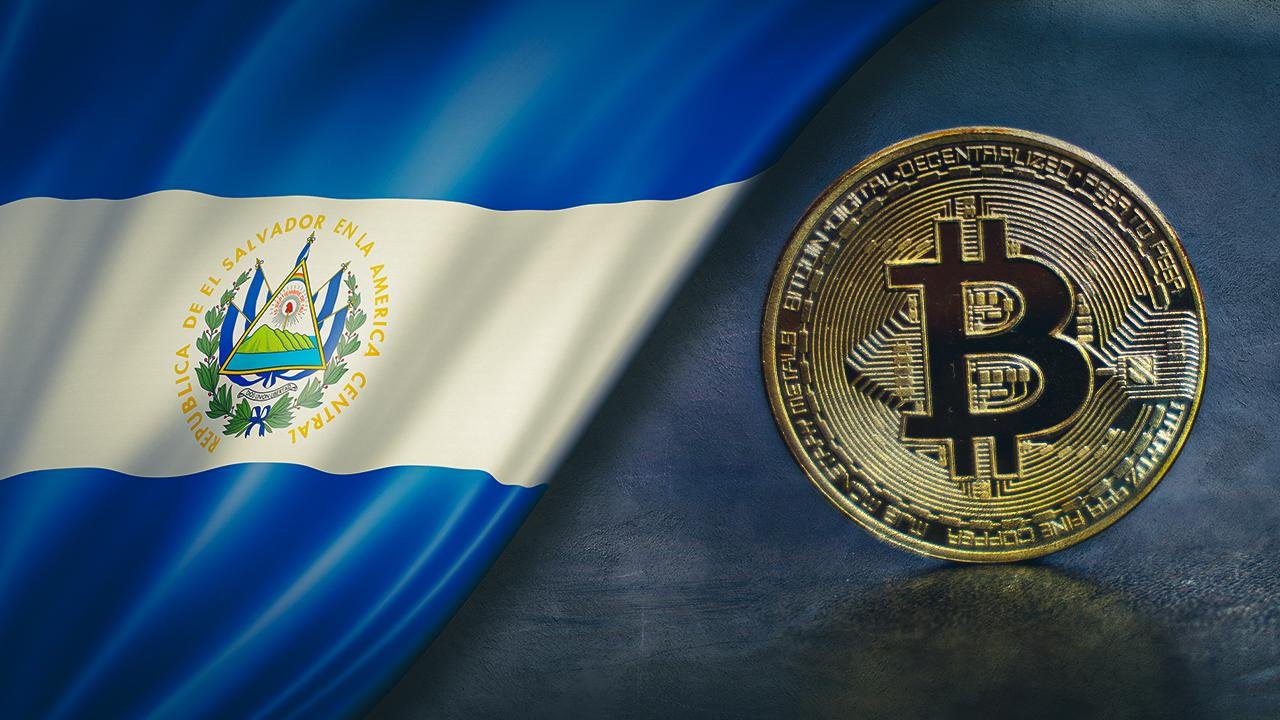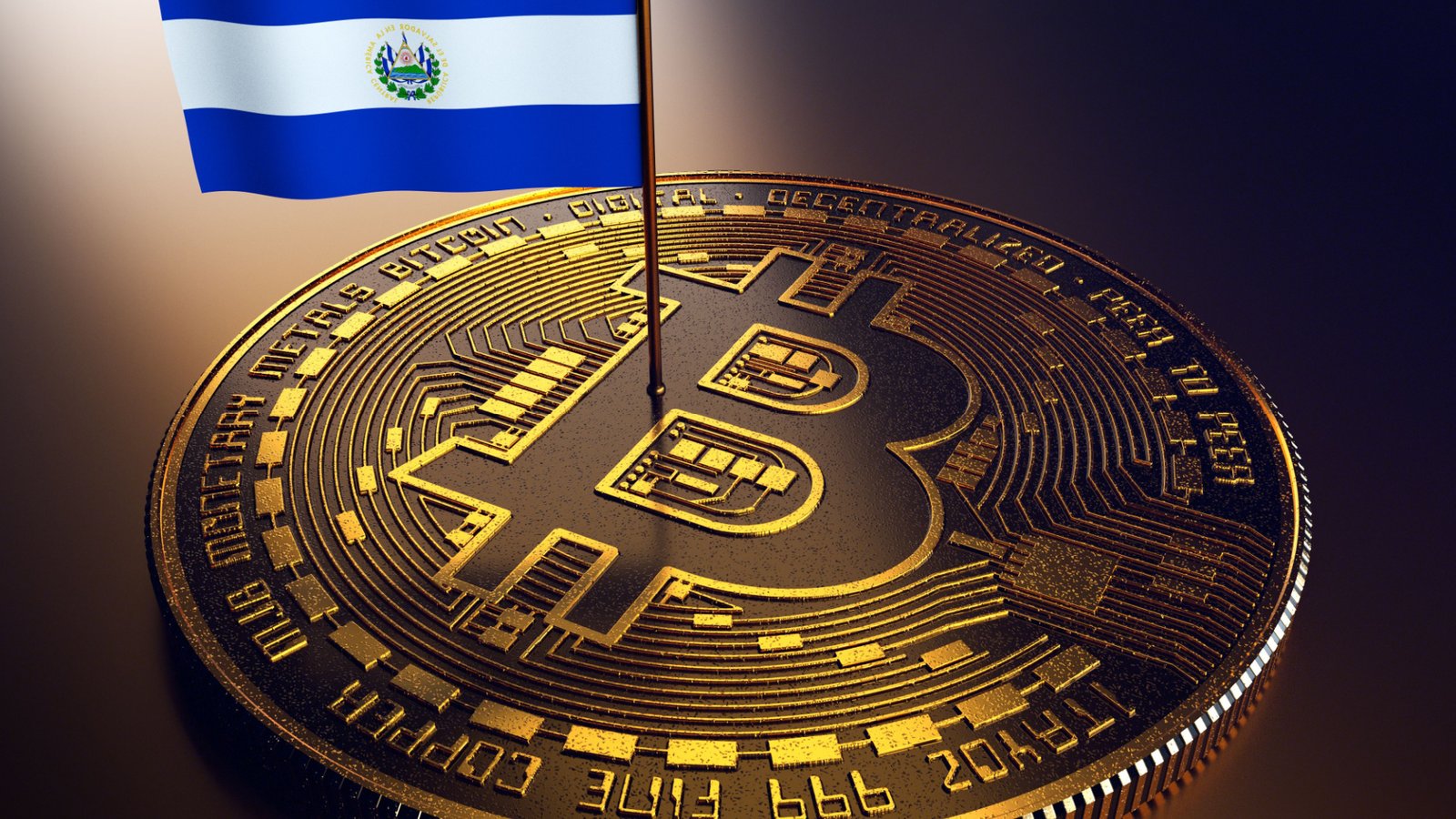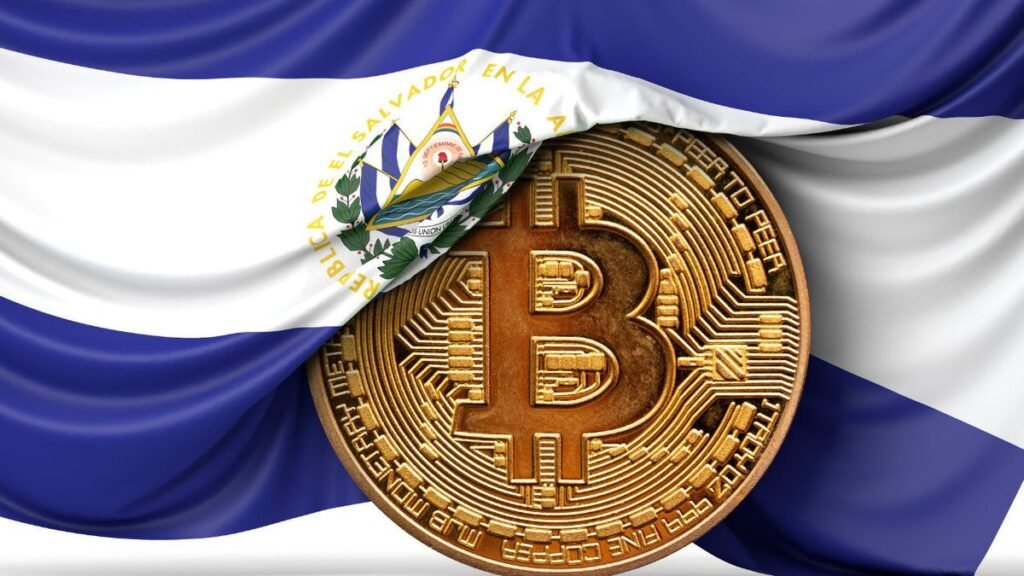Making history as the first nation to accept Bitcoin as a legal currency in 2021, El Salvador Balances Innovation attention and established a national model for the acceptance of cryptocurrencies. Recent changes to the Bitcoin Law, however, have spurred debates regarding the continued legality of the digital asset. A leading figure in the Bitcoin world and Jan3 CEO, Samson Mow, has offered an analysis of these legislative amendments and their ramifications.
El Salvador Softens Bitcoin Law
Originally, El Salvador’s Bitcoin Law sought to encourage financial inclusion and boost the local economy. It essentially positioned Bitcoin alongside the U.S. dollar as the official currency since it demanded all companies accept it as payment. The action attracted both compliments and doubts. While detractors worried about volatility and regulatory issues, supporters considered it as a revolutionary step towards a distributed financial system. Notwithstanding the debate, Salvador Balances Innovation aggressively pushed Bitcoin use with programs including the Chivo Wallet and Bitcoin bonds.
Influenced in part by talks with the International Monetary Fund (IMF) over a $1.4 billion loan package. The Salvadoran Legislative Assembly approved changes to the Bitcoin Law in late January 2025. These developments reinterpreted Bitcoin’s legal position in the nation. It is no longer formally regarded as a currency, even if it is still legal tender. The requirement for companies to embrace Bitcoin was eliminated. So allowing them the choice to decide whether or not to deal in the coins.
El Salvador Alters Bitcoin Status

Closely examining the revisions to the Bitcoin Law, Samson Mow has noted a discrepancy in the treatment of Bitcoin currently. Bitcoin keeps its legal tender value, he said, but it is not enforced as a required payment method anymore. This results in an odd situation whereby Bitcoin is formally accepted but lacks the essential components usually defining legal tender. Mow said that although the law still notes Bitcoin’s importance in El Salvador’s financial system, the changes lessen its usefulness.
The amendments to the Bitcoin Law generate some crucial issues about the direction of cryptocurrencies in El Salvador. The interaction of the nation with foreign financial institutions is one of the main factors. These changes help El Salvador Balances Innovation to IMF recommendations, therefore enhancing access to world financial aid. The choice, meantime, also runs the danger of alienating Bitcoin supporters and investors who consider it. The nation is a leader in cryptocurrency acceptance.
Bitcoin Use in El Salvador Uncertain
Another issue is if, because companies are not obliged to take Bitcoin, usage will drop. The mandate first promoted broad acceptance, but many companies would turn back to just utilizing U.S. currencies once this obligation was waived. This could restrict Bitcoin’s importance in the national economy and slow down its adoption into regular commerce.
The view of El Salvador Balances Innovationthe worldwide Bitcoin community might likewise change. Although the nation was formerly seen as a fearless pioneer in the crypto field. The latest legislative developments may be perceived as a return from its initial ambition. Investors and companies drawn to El Salvador’s Bitcoin experiment will be keenly observing to see whether the nation stays dedicated to its pro-crypto posture or veers toward conventional financial systems.
El Salvador Adjusts Bitcoin Strategy

The Bitcoin experiment conducted by El Salvador has always been a juggling act between controlling economic stability and welcoming financial innovation. Although it was a novel choice. The first acceptance of Bitcoin also brought difficulties like pressure from international financial institutions and volatility issues. The latest changes point to a more cautious strategy, one that aims to include Bitcoin in the economy without upsetting the financial ties of the nation.
Notwithstanding these changes, El Salvador’s position as a Bitcoin center is not eroded. The government still maintains a sizable Bitcoin reserve, and President Nayib Bukele keeps endorsing Bitcoin acceptance in other forms. Including mining enterprises running on renewable energy via Bitcoin City. Although the legal framework has changed, El Salvador’s larger plan of including Bitcoin in its economic approach is still under consideration.
Summary
El Salvador’s experience with Bitcoin keeps changing and offers other countries thinking about using cryptocurrencies insightful knowledge. The latest changes capture the difficulty of introducing digital currencies into national economies without compromising financial stability. The emphasis will probably be on how companies and people react to the new rules and if Bitcoin stays a generally utilized financial tool in the nation going ahead.
The way Samson Mow examines the complex realities of the matter emphasizes Though its use in the economy has evolved. Bitcoin is still formally acknowledged in El Salvador. Whether these regulatory modifications improve the financial system of the nation or lower the impact of Bitcoin in daily transactions will depend on the next months. Whether the result is favorable or not, El Salvador Balances Innovation major participant in the worldwide debate on Bitcoin acceptance and legal policies.
[sp_easyaccordion id=”4820″]


